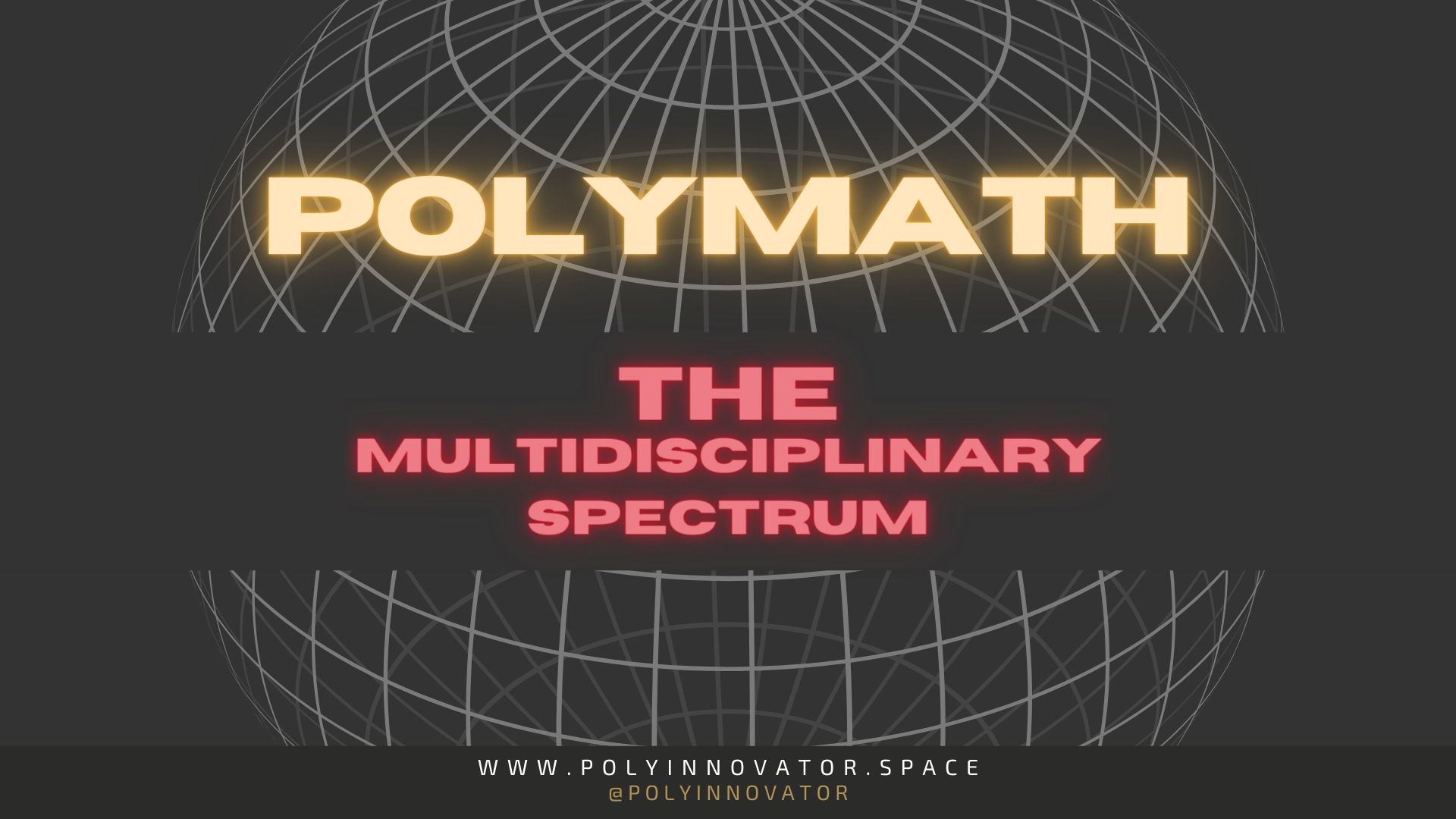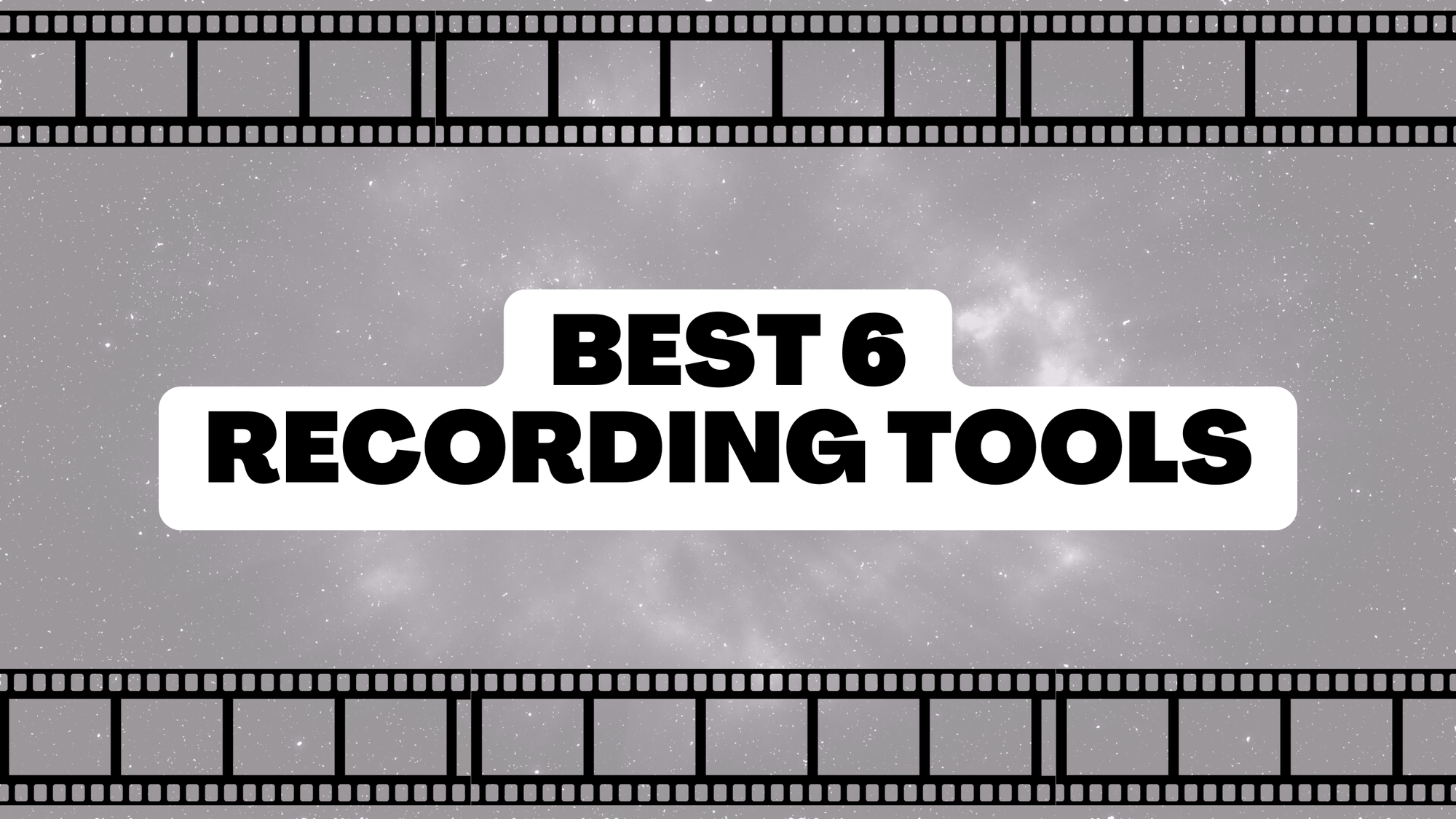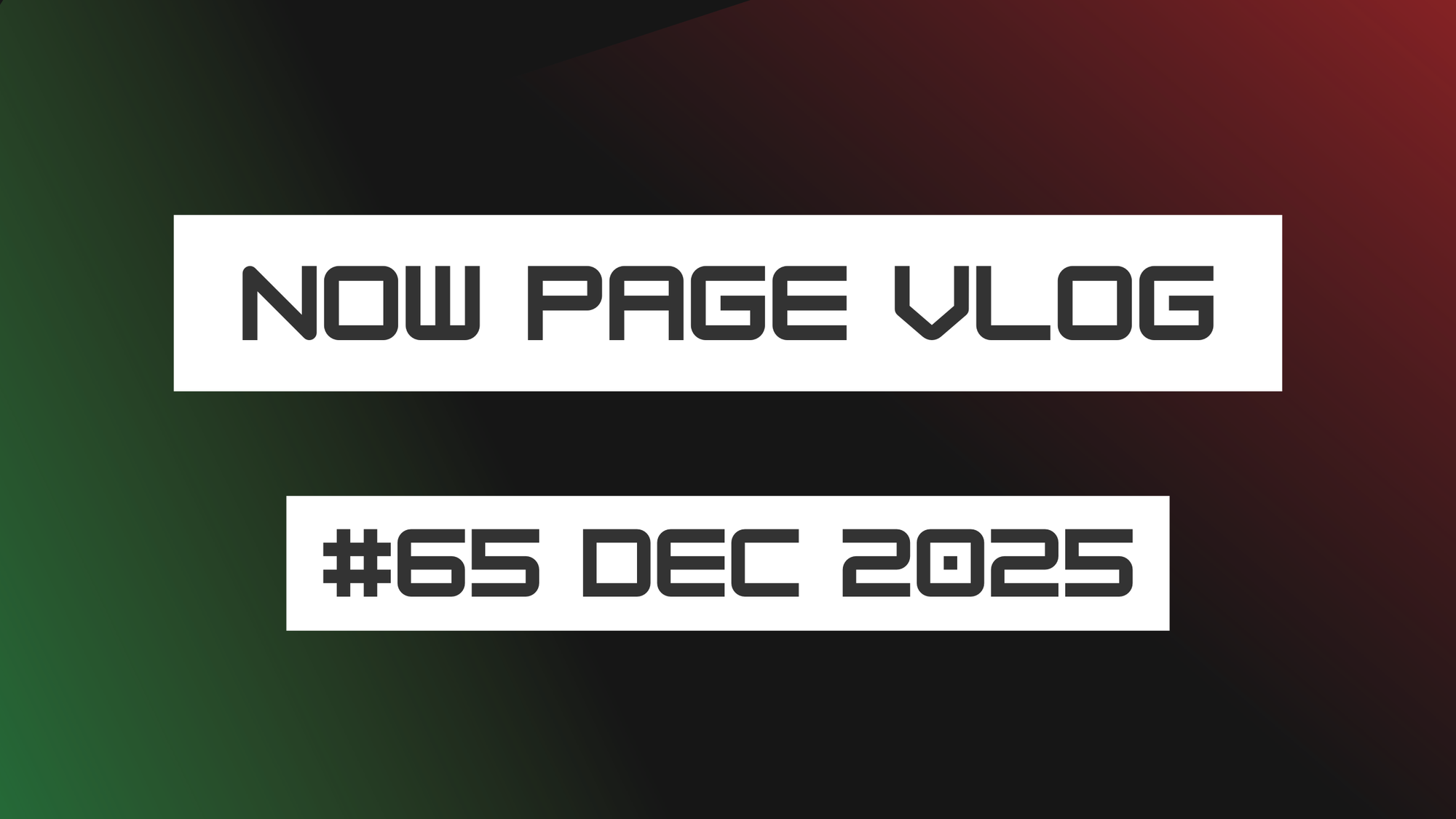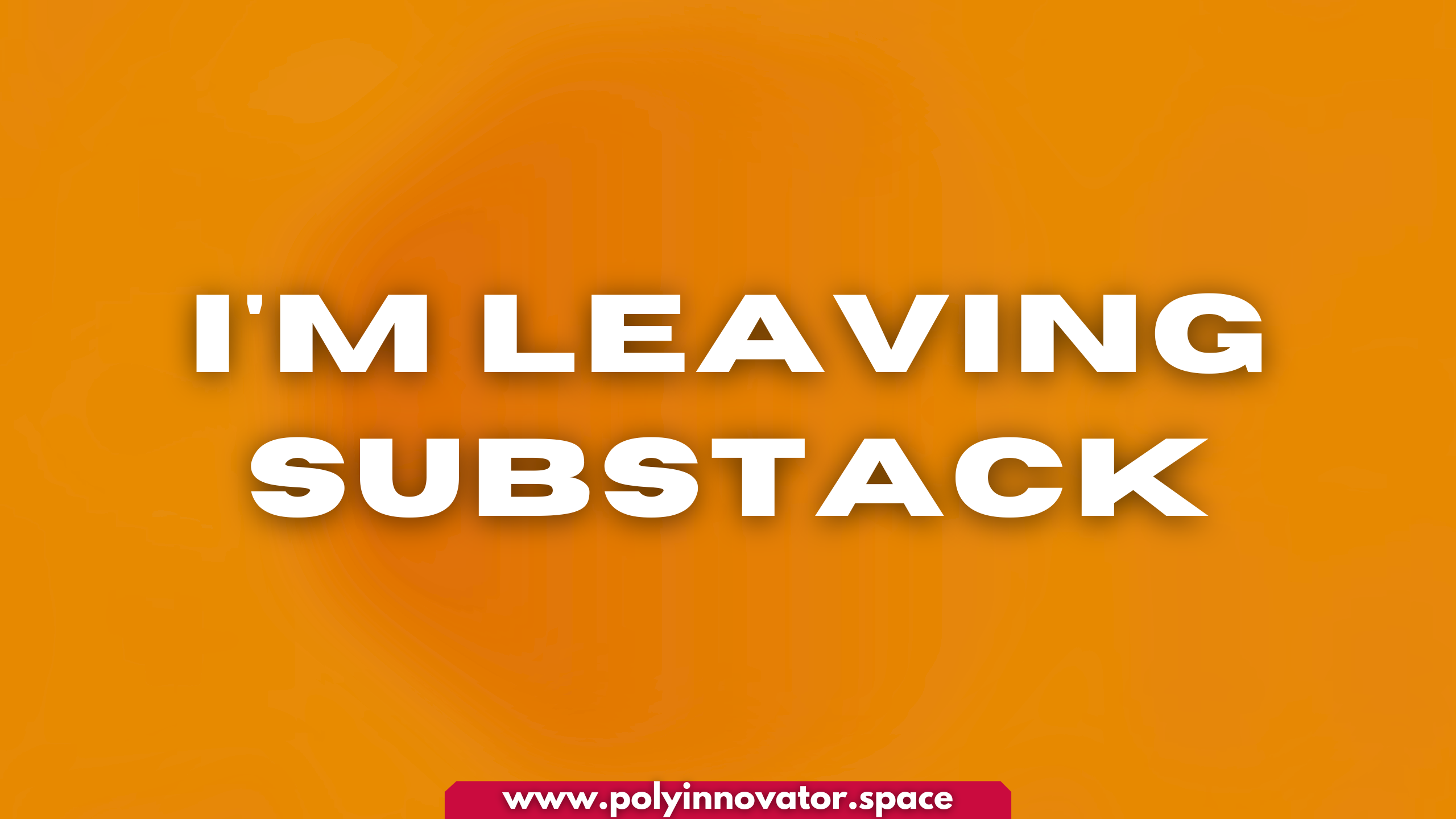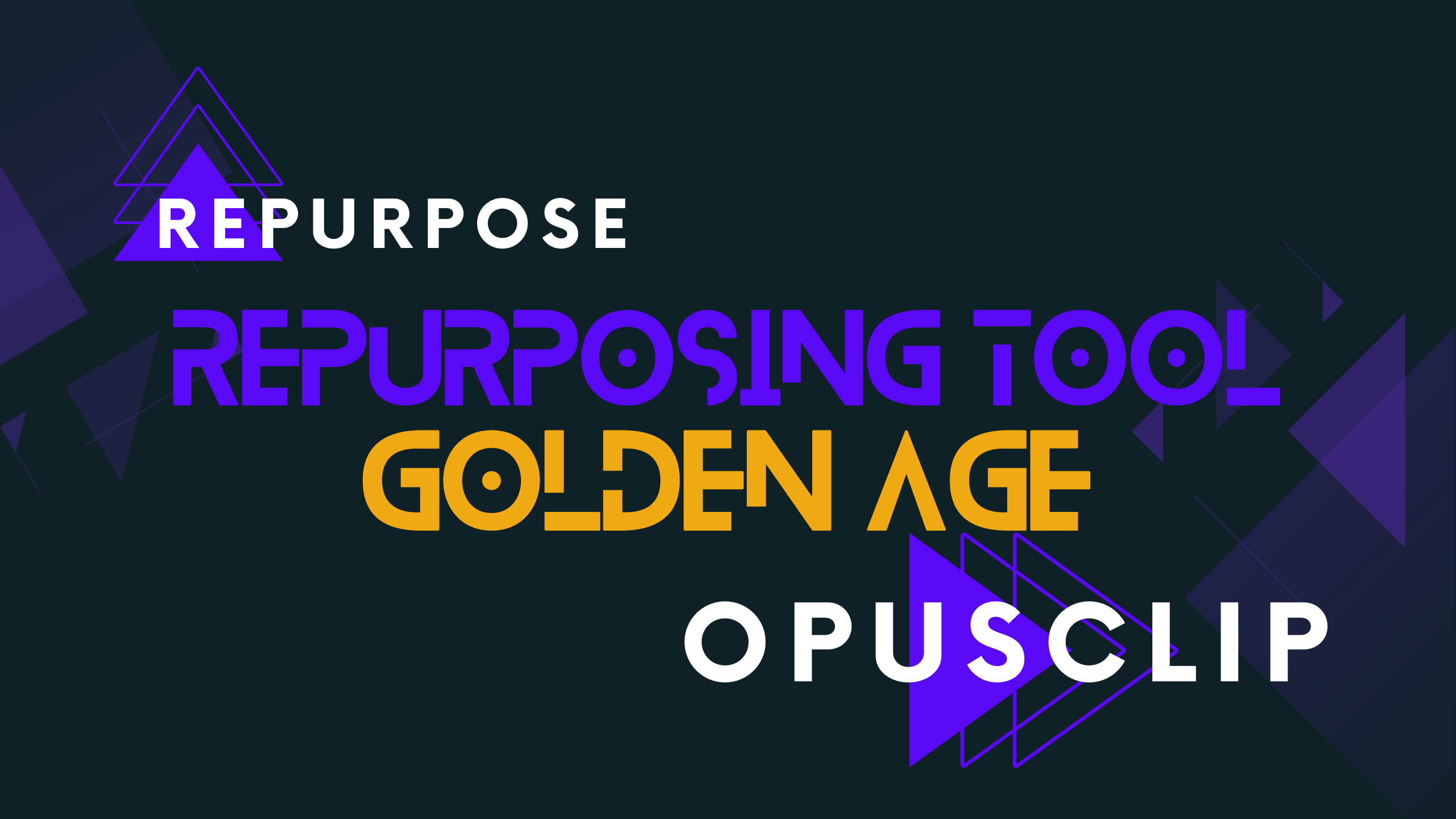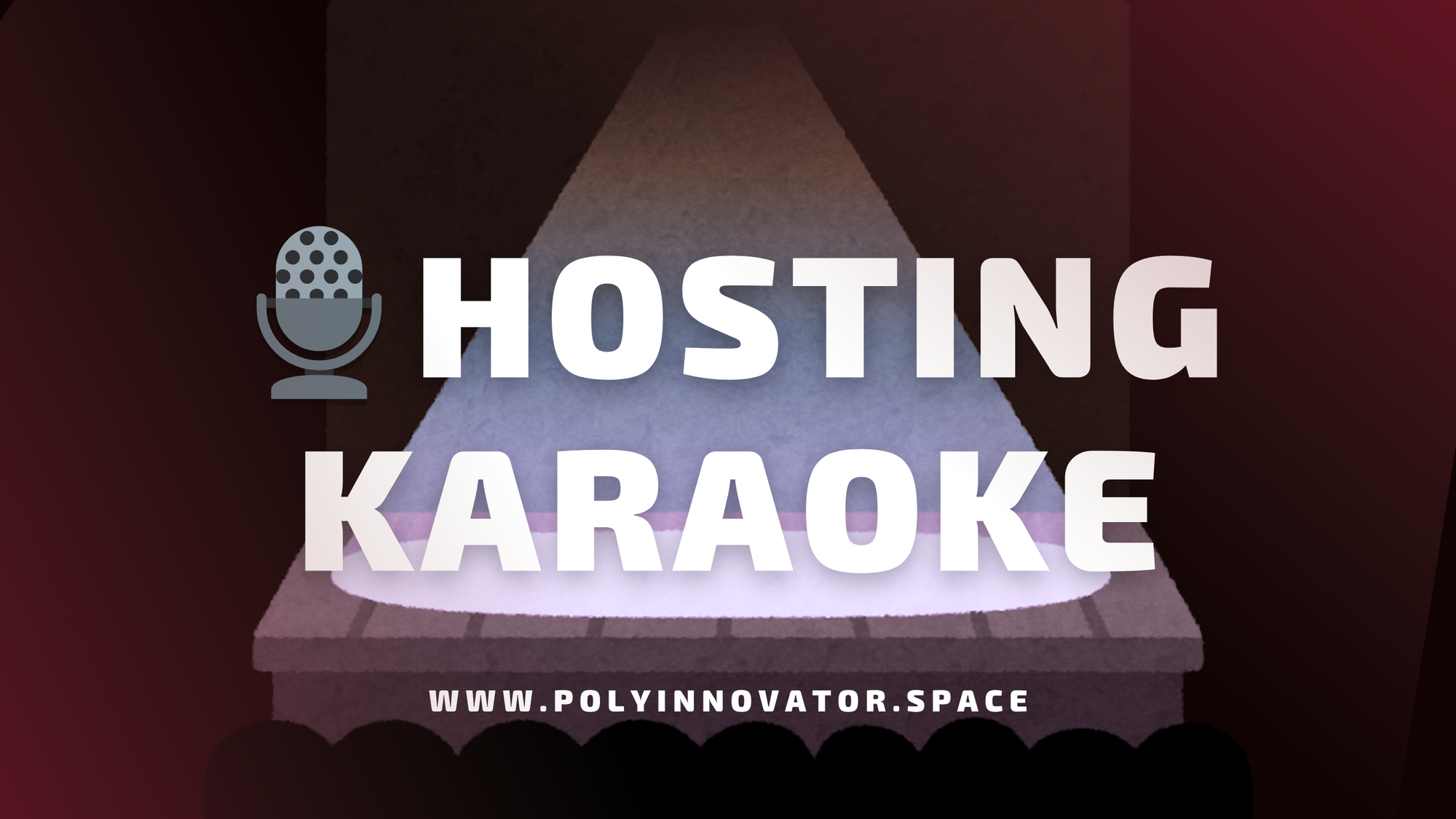Here is a video relation to this post, as well as the PolyCast!
How might you learn EVERYTHING in life?
You are here because you are following your curiosity of the post, and it is that very curiosity that could one day lead you to becoming a polymath.
Here is the deal right off the bat, being a polymath is NOT about knowing everything...
In this OmniContent episode I'm going to share with you what it means to be a polymath, why it is hard to achieve, but well worth your while.
Polymaths are the ones who choose to live THEIR life the way THEY want to. If you decide that you don't want to conform to society's rules, then you can surpass their standards or limitations more so. Being a polymath is about knowing many things at a deep level. We touch on that more later on!
Stay awhile and listen to the article, or if you have the time read it word for word. For I know something new will come out of this post, something will spark in your brain, and that excitement will rush forth from you.
This is the sixth episode in the #OmniContent Mini Series called "The Polymath Spectrum", a group of terms similar to the idea of becoming a polymath or renaissance person. In this episode we will discuss the namesake of the series, Polymathy. As each of the previous terms leads into the idea of becoming a polymath, but for some they may be happy at those lower levels.
That is okay, however for others they may feel stuck and need a way to envision their future. The idea of the spectrum helps solve that, and we will discuss what it actually means to be a modern polymath.
Definition
Let's start out by Defining what a Polymath really is, as there are a couple different definitions, and even my own spin on the idea. Many people see it as a synonym of a jack of all trades, and that is their first mistake.
Oxford says
"a person of wide-ranging knowledge or learning. 'a Renaissance polymath'."
Wikipedia is slightly different
"A polymath (Greek: πολυμαθής, polymathēs, "having learned much"; Latin: homo universalis, "universal man")[1] is an individual whose knowledge spans a significant number of subjects, known to draw on complex bodies of knowledge to solve specific problems."
Elle Antonia Young writes:
"You don’t need to be the top in your field to be a polymath."
Maya Angelou said
“I think you can be a jack-of-all-trades and a mistress-of-all-trades. If you study it, and you put reasonable intelligence and reasonable energy, reasonable electricity to it, you can do that. You may not become Max Roach on the drums. But you can learn the drums.”
___
At this point I think we have the idea, for a Polymath is someone who well knowledgeable in many areas, and the real kicker is that you don't have to be a master level. That is what most people think, it is either being a master in one field (specialist), or a master in many fields (polymath), and those are your only two options. If you get to a journeyman level in any given area, then you're already better than 80% of the world at that skill.
When you start to break it down, then it is far more than just some jack of all trades novice, but rather an expert in many fields. Not to mention insanely curious of learning about many disciplines.
So it is okay to be a jack of all trades, but what does that have to do with Polymathy?
This is the EXACT idea behind why I created the Multidisciplinary Spectrum in the first place.
Once you see it as the whole picture of generalism, then you will see the benefits to the spectrum itself.
You may be someone who has generalist tendencies`, maybe even pursued them to a deep degree, and/or pursued a specialty. What is really crucial to know right away, is that it doesn't matter where YOU ARE.
"What?? I thought it was about me finding where I am!" Well it is, but it isn't...
Why it matters NOW for what is NEXT
The place where you are at now isn't as important, as where you can go next.
Look I get it, you want to do more in your life, and this spectrum will help you with that... so get to the point already.
I was there too, trying to see if I was a polymath, if I called myself one would I seem egotistical. If I say I'm a jack of all trades, then will people think I know nothing deeply? That is the mindset that the outside world has, and it is important for marketing who you are.
However FIRST you must know internally where you are on the spectrum, so that you can know where to go next to level up. It is about what YOU think that matters.
Being a genuine polymath is truly tough..
.jpg)
Look I know that article may have not been the most inspiring, but it shines an important point. In case you skipped then here's the TLDR; The idea of knowing everything is thrown around a lot when it comes to polymathy, and the article is discussing Da Vinci in that way.
Being a polymathy isn't about knowing everything, that is where many people get it wrong. You may know a bit about everything, but being a polymath is really about knowing 3-4 things super deeply well.
That is certainly obtainable in our lifetimes, and that is the point I wanted to make is that it isn't some ethereal concept.
It is an actual pathway that we can do, and the Multidisciplinary Spectrum helps you find your pathway based on level of expertise (and how many of them).
One of the most thought provoking ideas, is that we have had polymaths all throughout this time, and many were either ashamed, didn't know, or even gave up on their potential.
Whether you want to become a 10X founder, 10X engineer, or simply someone who incorporates the science and arts together; Becoming a polymath is a worthwhile goal, that if you didn't become one, then you wouldn't be able to do those things. #Lateralthinking
Here is a related post based around creating a personal brand for yourself, which is important to showcase your polymathic life:

Being a Polymath in the Age of Specialization
Title idea by Peter Burke, wanted to give credit as I felt it was a proper title for this section of my post as well.
We live in a society of specialists, but you know what is funny? It really only has been that way since the early 1900's industrial revolution. About 100 years or so!
Our species is NOT meant for specialism!
Ever since the inception of the human race we have had generalists, and one thing I want to note before going into that is that we will KEEP having generalists/polymaths in the future too!!
I shared this article in one of the other episodes, but it is too good/important not to again. https://www.discovermagazine.com/planet-earth/the-generalist-specialist-why-homo-sapiens-succeeded
It is the diverse mindset and quick to learn adaptability of the generalists that is what is theorized to have allowed the human race to keep moving across the planet. The “unique ecological plasticity”, or being able to adapt to new environments quite well. Whether it was agriculture, climate, or terrain, we were able to do it, and bring the specialists along for the ride.
How did it work?
Now to be clear there were times where specialism came into play, and people who did one thing allowed for our economies or cities to develop further. The interesting dynamic is that when cities had Multi-Specialists or Polymaths with their own deep levels of knowledge coming together we had even greater advancements.
These are points where the renaissance comes to mind, or even great civilizations like Rome.
https://abettermandotblog.wordpress.com/2020/04/28/how-to-become-a-polymath/
We have seen the renaissance concept evolve not just in Italy, but in the Islamic history, Chinese history, and more.
It is in our nature to be polymathic, and to pursue more and more knowledge. Not to be limited to one field of study. Even "specialists" who define themselves as such, pursue some new skill online, such as changing a tire or learning to garden. These hobbies or out of need skills are starting out small, but eventually they can blossom into full blown areas of knowledge.
The Harvard Business review writes "What’s more, in the digital age, learning has really never been easier — and not just for the “geniuses” that walk among us. Polymath status is accessible to just about anyone with a modem, a library card, and the desire to learn."
This is one of the biggest contributing factors behind why I created the Modular Degree, and Modular Education Framework. To help every person learn online, especially the polymathic whom don't fit in traditional schooling. Learn more here: https://polyinnovator.space/modular-degree/
Expert Generalist

If you haven't been keeping up with the series up until this point I highly suggest checking them out.
All of them have their place, and show a different part of the spectrum. Here is one that is probably most appealing to see next.
Related Post:
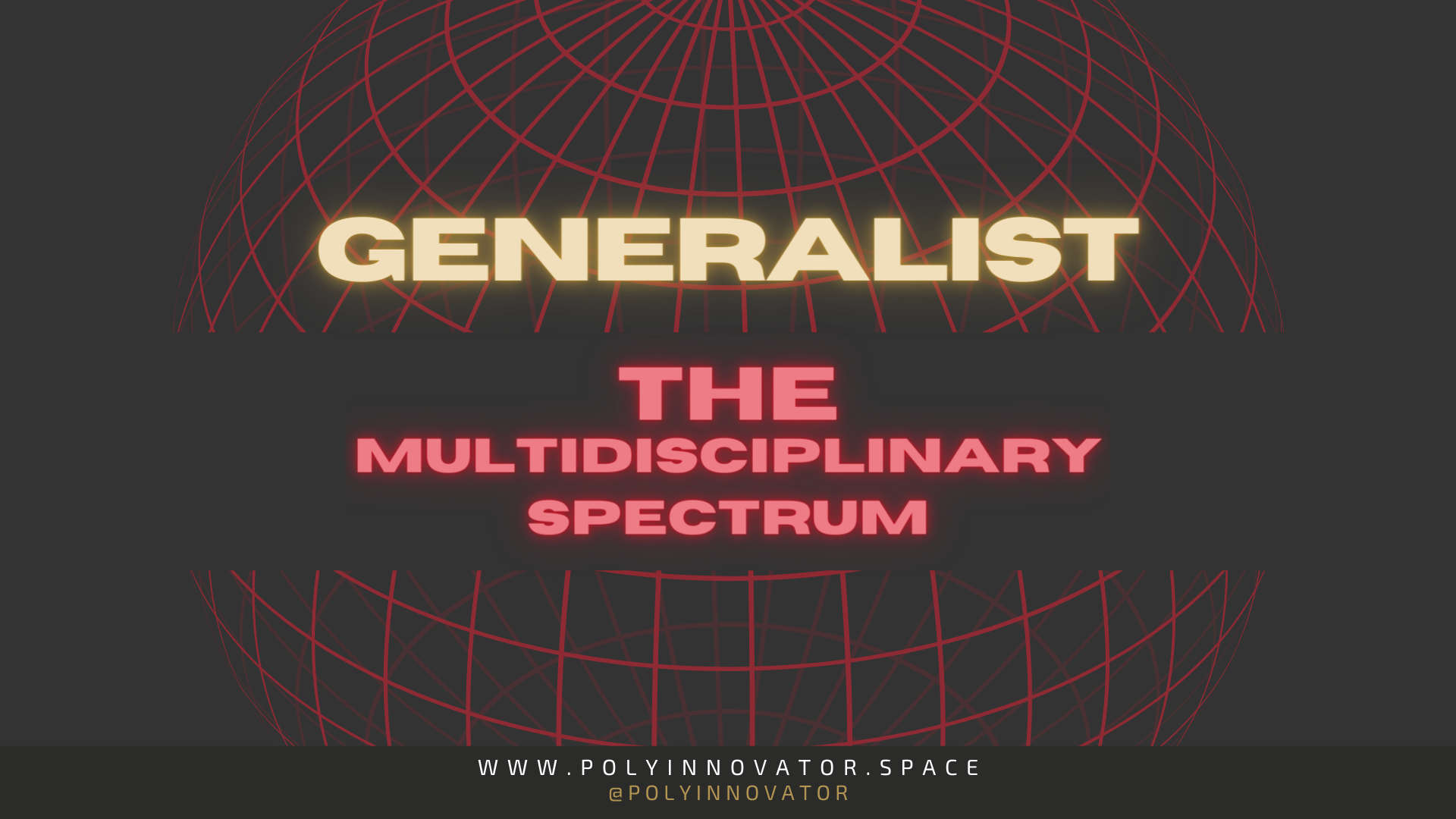
What is a Polymath?
A polymath in a modern sense is someone who can know a little bit about everything, but in addition more importantly knows a lot about a few deep areas. Like a forrest with a few huge trees in the middle, or perhaps skyscrapers if that analogy works better for you.
With the advent of the internet we CAN all be polymaths..
You want to know what though? Most of you won't be, either you'll find something you love more than anything and specialize, OR you'll give up when the challenges get too deep.
One of the problems of divergence interests is that you don't get a whole lot of experience of the tough learning. When you have to stick it out, and learn even when it is not fun. Learning is a skill, just like doing push ups, and sometimes you fall on your face. The difference between the generalists with a mild level of knowledge, and the polymaths with a deep level; Is that the latter are more willing to push thorough the really tough times. Specialists know this pain all too well because they had to go through it for their specialty, and polymaths do that another three times!

So what should you take from this?
For one, there are some really great minds in the research space, who right now are trying to define what truly makes a polymath?
One thing we all agree on though that it is a difficult path, and a lot of people who call themselves one aren't truly one.
You will need a lot of grit, perseverance, patience, and understand the levels of the spectrum well.
By making it this far in the mini series you are already well on your way to setting goals.
"There is only so much time."

One last thing to note
Before you dig into all the resources below, such as the articles or videos, I need you to understand one thing.
You do not get there overnight.
This is a lifelong process, and there is a difference from a polymath and a "genuine" or "true" polymath. Someone who is simply a multi-specialist with a few other interests, and someone who is a master in their FIELDS with tons of knowledge on everything else.
Many people are going to tell you to pick one thing, and that is helpful do that. Just go ahead and pick one more thing later on, then one more thing after that.
You don't have to stop at one, and make sure you get to the top 20% of your fields. That is ideal for the amount of impact you can have.
By making it this far you FOLLOWED your curiosity through to the end, and there are plenty more posts on this site to choose next. By doing so you are taking that one step closer to polymathy!
Keep reading/watching these episodes, and get ready for the finale! It is going to be a big one.
Here are some related links and videos, that I was looking into when writing this OmniContent! Brace yourself...
Do note that all links, videos, will all be listed in the finale episode of the mini series, so that if you want to watch the playlist of all of the videos, or see all of the links at once!
Articles/Podcast:

The Global Research ethos is “ Innovation occurs at the intersection of disciplines.” -Link




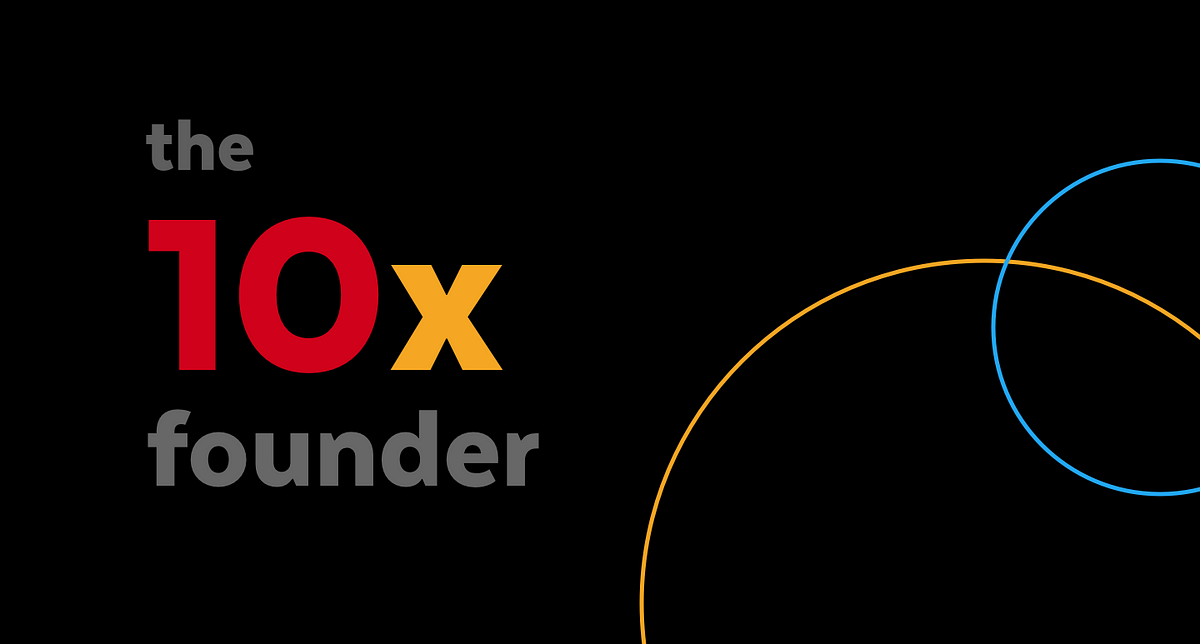

https://www.science.org/books/2020/08/26/the-polymath/




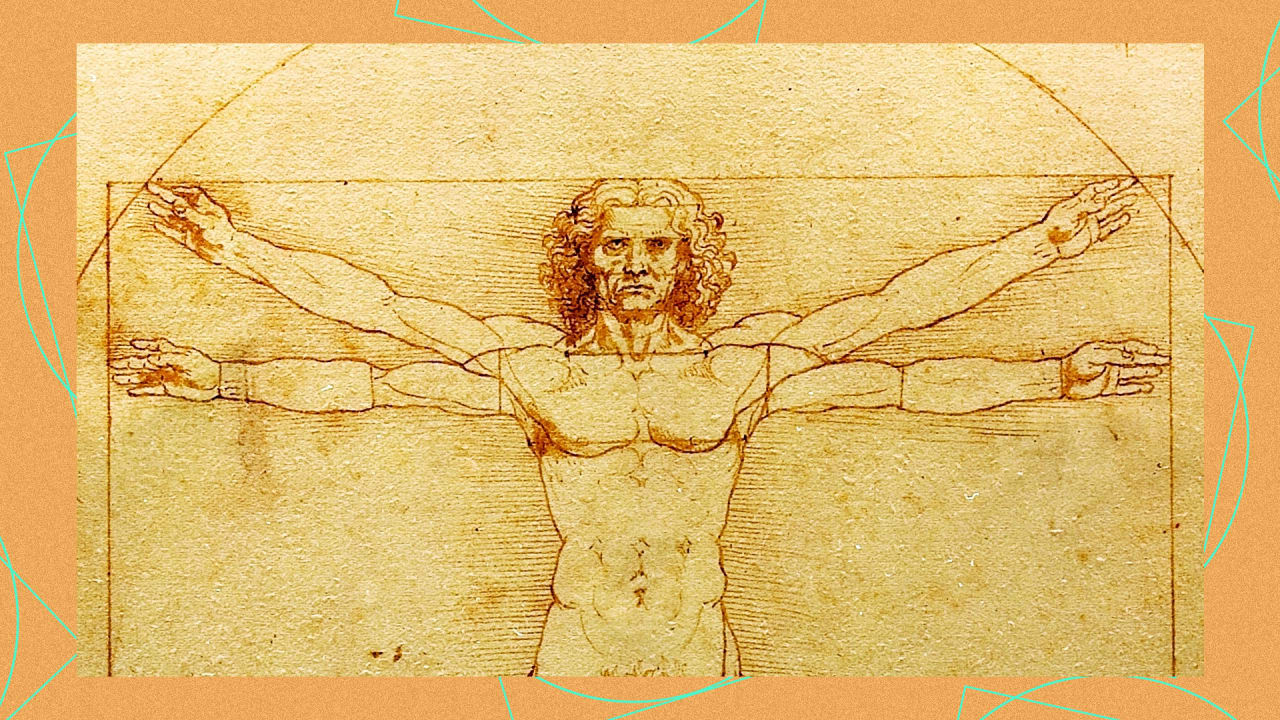
.jpg)

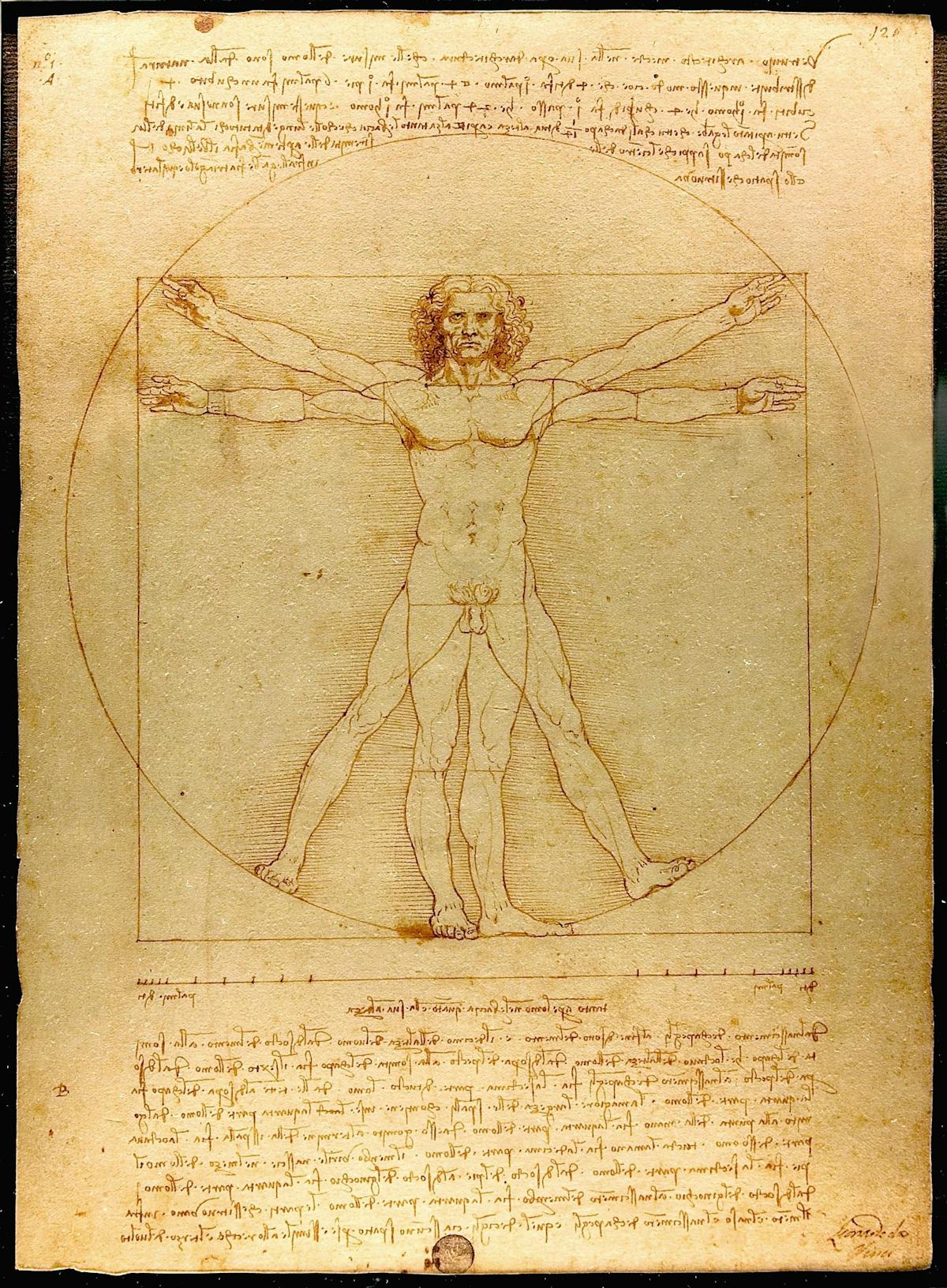






https://abettermandotblog.wordpress.com/2020/04/28/how-to-become-a-polymath/

![Official Website for Dustin Miller PolyInnovator [LLC]](https://polyinnovator.space/content/images/2025/03/polyinnovator-logo-2024.png)

